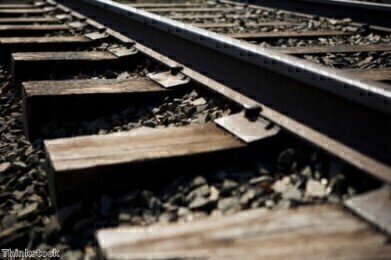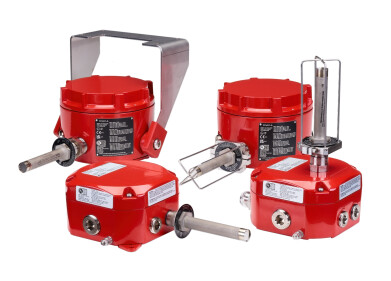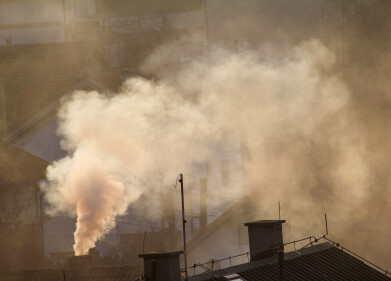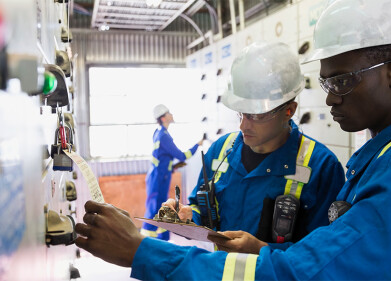-
 Rail and oil industries team up to make safety changes
Rail and oil industries team up to make safety changes
Safety
Rail and oil industries team up to make safety changes
Jan 17 2014
The oil industry is partnering with rail networks in a bid to make the transportation of crude oil safer, following concerns that the process was becoming overly dangerous.
Federal regulators in the US have called on both railroads and energy companies to take major steps to make shipping crude oil by rail a safer process; it comes after a string of accidents and explosions led to rising fear across the country.
The voluntary changes include improving the safety of tanker cars, and were announced following a meeting convened by the US Department of Transportation, which featured agency officials, executives from the major freight railroads and members of the American Petroleum Institute.
The decision has led to arguments within the industry, with a spokesperson for the railroad company Union Pacific Corp - a major transporter of crude oil - saying that the industry had been sufficiently proactive in setting tougher standards for tank cars before the new rules were announced.
Eric Wohlschlegel, director of media relations for the American Petroleum Institute, which acts as the oil industry's chief lobbying group, added that it is railroads' fault for failing to prevent derailments.
He pointed the finger at regulators for not imposing new safety rules, adding: "The Department of Transportation needs to do more than just host meetings. We're calling on the DOT to take action."
Last year, a number of high-profile incidents involving crude oil transportation hit the headlines, including in July, when a runaway crude oil train derailed in Lac-Mégantic, Quebec, killing 47 people.
That was followed by another accident involving an oil train derailing and exploding in Alabama, in November, while in December a similar accident occurred involving a train filled with crude from the Bakken oil fields in North Dakota.
Anthony Foxx, secretary of the Transportation Department, said that railroads have now agreed to take steps to avoid derailments and reroute trains around high-risk areas, and have 30 days to study the routing protocols applied to the most hazardous loads they carry.
Digital Edition
PIN 25.5 Oct/Nov 2024
November 2024
Analytical Instrumentation - Picturing Viscosity – How Can a Viscometer or a Rheometer Benefit You? - Sustainable Grease Formulations: Evaluating Key Performance Parameters and Testing Method...
View all digital editions
Events
Nov 26 2024 Paris, France
Nov 26 2024 Amsterdam, Netherlands
Nov 27 2024 Istanbul, Turkey
Biogas Convention & Trade Fair 2024
Nov 27 2024 Hanover, Germany
Dec 03 2024 Dusseldorf, Germany


















